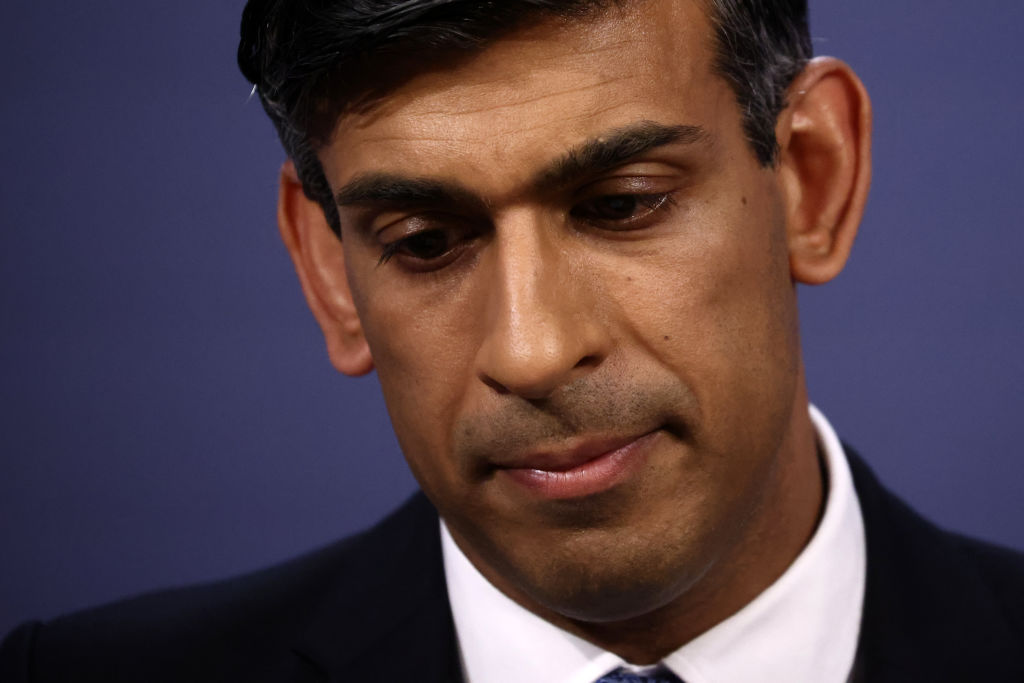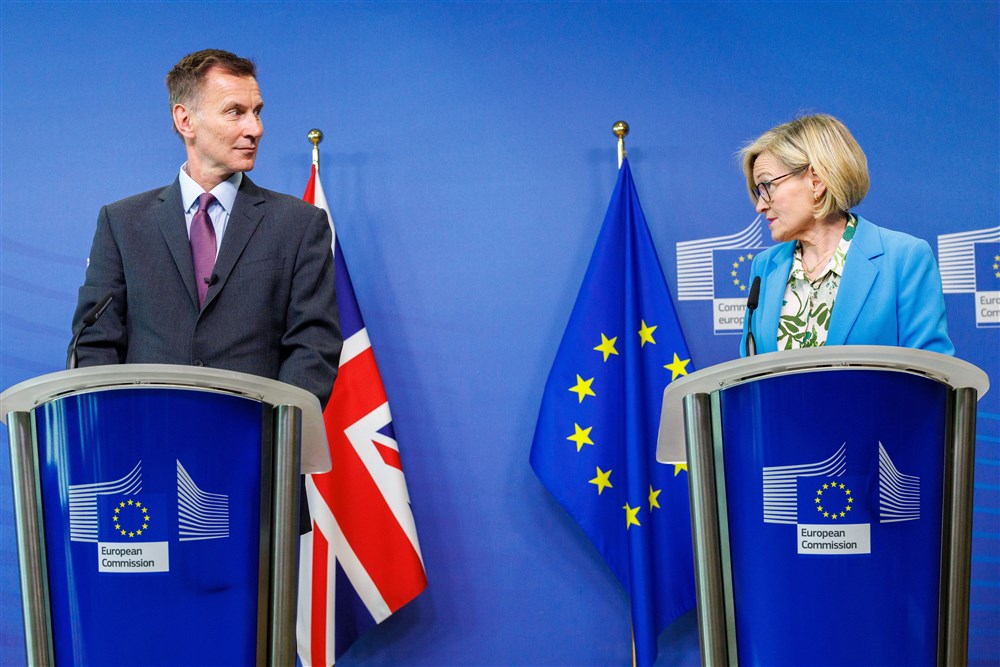The UK Government has used the Prime Minister Keir Starmer’s current visit to Italy to open the door on a deal similar to Rome’s third-country processing agreement with Albania.
Asked if the government could adopt a similar model as the British PM breakfasted with business leaders in the Italian capital, UK Home Secretary Yvette Cooper said on Sky News breakfast television: “We have always said we will look at anything that works.
“Clearly things have to be workable, they have to be financially viable and they also have to meet international standards as well,” she said.
Such an offshore solution would see asylum seekers processed abroad with successful claimants then able to come to the UK.
As Starmer prepared to meet with Italian PM Georgia Meloni later on September 16, Cooper said of the Italian scheme: “It’s not working yet, so we don’t know how it will play out – but it is a very, very different approach.”
The planned Rwanda deal of the previous UK Conservative government failed to win support, largely over concerns about the safety of asylum seekers sent to the African nation. The Home Secretary sought to distinguish the Italian scheme from that ultimately ditched plan with Kigali.
“It’s very, very different,” Cooper said. “First of all, this is Italian processing taking place in Albania. It has UNHCR oversight, so it is being monitored to make sure that it meets international standards.
“It’s being done in co-operation between those two countries, and what they’re actually doing is looking at those people who arrive in Italy, who have come from predominantly safe countries, and they’re using it as a way to try and fast-track decisions and returns.
“Now we think there is another way we can fast-track decisions and returns for people who arrive from predominantly safer countries. We should be fast-tracking those cases. We should be making sure you don’t have people spending years in the asylum system, which ends up being hugely costly, hugely chaotic.
“That’s the system we’ve inherited,” she said.
Cooper added there were other Italian immigration policies the UK was interested in exploring: The work Italy was doing around organised immigration crime; its working with other countries upstream to prevent people leaving North Africa in the first place; and speeding up returns for those who do not have a right to be in the country.
“The fourth thing they’re doing is the Albania programme but that hasn’t started yet, so we’ll need to see what that does.
“It’s very different from the Rwanda partnership that the UK Government had, and we’ll have to see how that plays out,” Cooper concluded.





